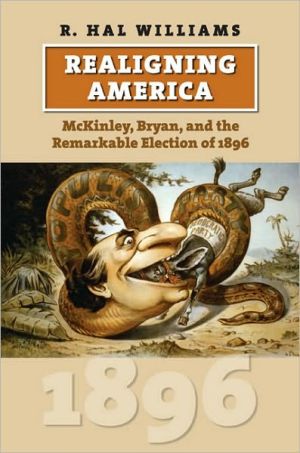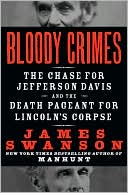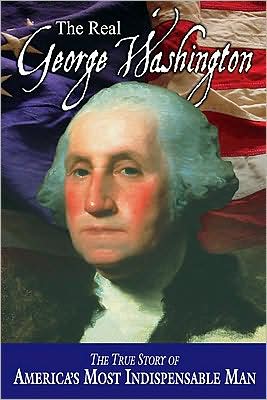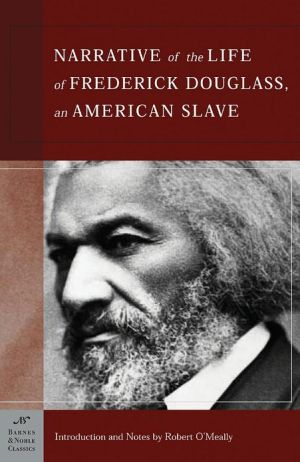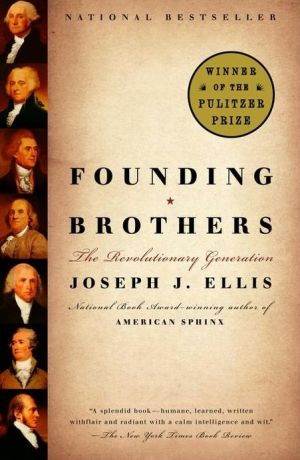Realigning America: McKinley, Bryan, and the Remarkable Election of 1896
The presidential election of 1896 is widely acknowledged as one of only a few that brought about fundamental realignments in American politics. New voting patterns replaced old, a new majority party came to power, and national policies shifted to reflect new realities. R. Hal Williams now presents the first study of that campaign in nearly fifty years, offering fresh interpretations on the victory of Republican William McKinley over Democrat William Jennings Bryan.\ In tracing the triumph of...
Search in google:
The presidential election of 1896 is widely acknowledged as one of only a few that brought about fundamental realignments in American politics. New voting patterns replaced old, a new majority party came to power, and national policies shifted to reflect new realities. R. Hal Williams now presents the first study of that campaign in nearly fifty years, offering fresh interpretations on the victory of Republican William McKinley over Democrat William Jennings Bryan.In tracing the triumph of gold over silver in this fabled "battle of the standards," R. Hal Williams also tells how the Republicans—the party of central government, national authority, sound money, and activism—pulled off a stunning win over the Democrats—the party of state's rights, decentralization, inflation, and limited government. Meanwhile the People's Party, one of the most prominent third parties in the country's history, which also nominated Bryan, went down to a defeat from which it would never recover.Williams plunges readers into a contest that set new standards in financing, organization, and accountability, and he analyzes the transition from the long-dominant "military style" of campaign to the "educational style" that appealed to a savvier electorate. He also presents key players in new light: he views Bryan not simply as a gifted speaker whose "Cross of Gold" speech took the Democratic convention by storm, but as a more calculating politician with his eye squarely on the nomination; he depicts McKinley's campaign manager Mark Hanna not as the one-dimensional fundraising machine painted by history but rather as a shrewd, insightful politician who understood what was required to get his man elected; and he presents retiring president Cleveland as an increasingly out-of-touch, irrelevant chief executive whom the Democrats repudiated in a way no other party ever had a sitting president.With the Republicans' star on the rise and the Democrats banished to the South and the cities, the 1896 election was more than a victory of one party over another, it marked the emergence of new ways of politicking that makes this campaign especially relevant for twenty-first-century readers.This book is part of the American Presidential Elections series. Library Journal Williams (history, Southern Methodist Univ., Years of Decision: American Politics in the 1890s) has written a concise and highly readable account of the 1896 election, which pitted Republican William McKinley against Democrat William Jennings Bryan. Williams explains how each candidate got his nomination and waged his campaign, but he also offers a negative view of sitting President Grover Cleveland. Williams argues that Cleveland isolated himself from voters and his Democratic Party with his uncompromising stand against silver coinage. The book's main strength is its showing that the Democrats had been losing the initiative since the start of Cleveland's second term in 1893. With a depression, the Democratic Party split over whether to support free silver or remain on a gold standard and over Cleveland's lackluster leadership, enabling Republicans to gain votes. McKinley and Mark Hanna, his campaign manager, developed a new style of campaigning, eschewing military parades for an "educational campaign" using speakers, pamphlets, and posters to drive a message to win new supporters. VERDICT Although this well-researched book is geared to academic readers, presidential history buffs in general are sure to enjoy it.—Bryan Craig, Miller Ctr. of Public Affairs, Charlottesville, VA
\ Library JournalWilliams (history, Southern Methodist Univ., Years of Decision: American Politics in the 1890s) has written a concise and highly readable account of the 1896 election, which pitted Republican William McKinley against Democrat William Jennings Bryan. Williams explains how each candidate got his nomination and waged his campaign, but he also offers a negative view of sitting President Grover Cleveland. Williams argues that Cleveland isolated himself from voters and his Democratic Party with his uncompromising stand against silver coinage. The book's main strength is its showing that the Democrats had been losing the initiative since the start of Cleveland's second term in 1893. With a depression, the Democratic Party split over whether to support free silver or remain on a gold standard and over Cleveland's lackluster leadership, enabling Republicans to gain votes. McKinley and Mark Hanna, his campaign manager, developed a new style of campaigning, eschewing military parades for an "educational campaign" using speakers, pamphlets, and posters to drive a message to win new supporters. VERDICT Although this well-researched book is geared to academic readers, presidential history buffs in general are sure to enjoy it.—Bryan Craig, Miller Ctr. of Public Affairs, Charlottesville, VA\ \
